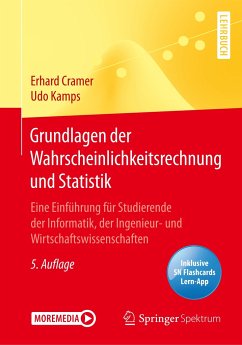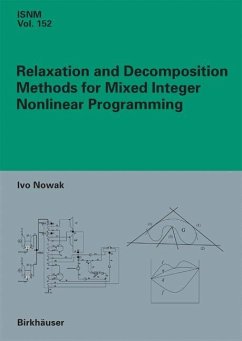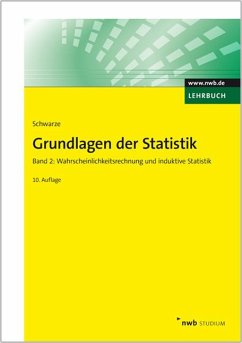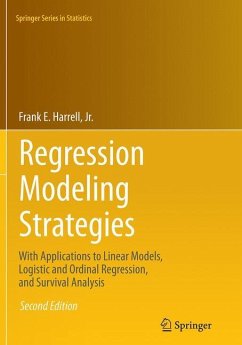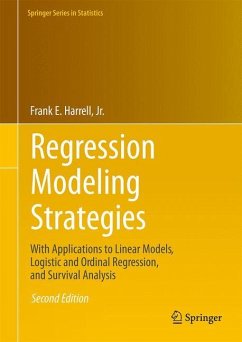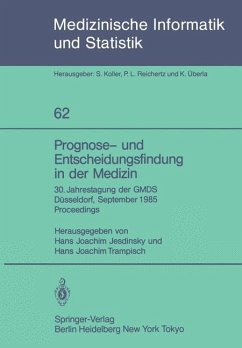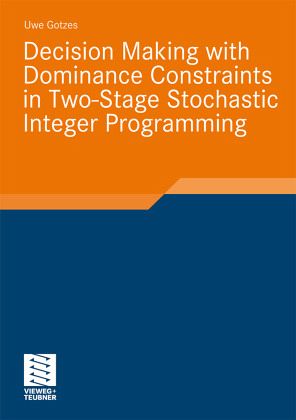
Decision Making with Dominance Constraints in Two-Stage Stochastic Integer Programming

PAYBACK Punkte
0 °P sammeln!
Two-stage stochastic programming models are considered as attractive tools for making optimal decisions under uncertainty. Traditionally, optimality is formalized by applying statistical parameters such as the expectation or the conditional value at risk to the distributions of objective values.Uwe Gotzes analyzes an approach to account for risk aversion in two-stage models based upon partial orders on the set of real random variables. These stochastic orders enable the incorporation of the characteristics of whole distributions into the decision process. The profit or cost distributions must ...
Two-stage stochastic programming models are considered as attractive tools for making optimal decisions under uncertainty. Traditionally, optimality is formalized by applying statistical parameters such as the expectation or the conditional value at risk to the distributions of objective values.
Uwe Gotzes analyzes an approach to account for risk aversion in two-stage models based upon partial orders on the set of real random variables. These stochastic orders enable the incorporation of the characteristics of whole distributions into the decision process. The profit or cost distributions must pass a benchmark test with a given acceptable distribution. Thus, additional objectives can be optimized. For this new class of stochastic optimization problems, results on structure and stability are proven and a tailored algorithm to tackle large problem instances is developed. The implications of the modelling background and numerical results from the application of the proposed algorithm are demonstrated with case studies from energy trading.
Uwe Gotzes analyzes an approach to account for risk aversion in two-stage models based upon partial orders on the set of real random variables. These stochastic orders enable the incorporation of the characteristics of whole distributions into the decision process. The profit or cost distributions must pass a benchmark test with a given acceptable distribution. Thus, additional objectives can be optimized. For this new class of stochastic optimization problems, results on structure and stability are proven and a tailored algorithm to tackle large problem instances is developed. The implications of the modelling background and numerical results from the application of the proposed algorithm are demonstrated with case studies from energy trading.





